An Oakville church has defined the new normal (do you hate that phrase yet? I do) for inclusion. Male and female are anathema; they have been cast into outer darkness. No more mothers and fathers at baptisms, no more gender labels on the lavatories, no more brothers and sisters.
The bible has been rewritten to expunge any mention of gender – it’s called having “scripture policies” in case you were wondering – and we are all encouraged to marry anything of our choosing. I’m going to marry one of my guitars.
The only personal experience I’ve had of St. Paul’s United Church was a number of years ago. I was one of the organisers of a local March for Jesus. We needed a few friendly places along the way where marchers could relieve themselves if they felt the need. St. Paul’s response was an adamant “no”. I can only assume that their gender-neutral signs weren’t ready, so full inclusion hadn’t kicked in yet.
From here:
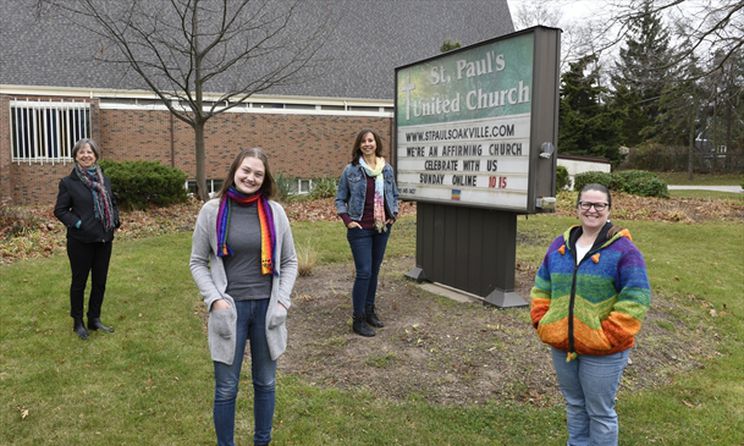 Initially, the congregation’s reaction was, ‘Why?’
Initially, the congregation’s reaction was, ‘Why?’
“Why are we doing this, we are already welcoming, what is the big deal?”, recalled Judy DeMone, co-chair of a committee that has worked over the past two years towards an Affirming status for St. Paul’s United Church.
“Being welcoming suggests that those on the inside have the power to choose who to accept on the outside. This makes it sound like an act of charity to welcome those who are different,” said DeMone. “We have always been a welcoming, friendly church, but being affirming goes deeper and we want to be public, intentional and explicit in our commitment to diversity and inclusion.”
DeMone’s co-chair, 17-year-old Thea Sheridan-Jonah, said she didn’t understand in the beginning that her church was not ready to call itself affirming.
“I go back and notice the little things – the baptism script that laid out one part for a mom and one part for a dad, the gendered washroom signs all across our building, the songs that referred to people as just “sister and brother”, and so many other little actions that we did not understand to be exclusive,” said Sheridan-Jonah.
To become an affirming congregation there is an educational process and several steps to be completed, supported by Affirm United.
“It was an understanding that saying we are welcoming is not enough, putting up a flag or plaque is not enough. We need to do the real work of allyship and learning, so that every member of our community understands that every person must not only be welcomed, but affirmed and involved fully,” said Sheridan-Jonah.
Today, the Rebecca Street church has gender inclusive bathrooms, and scripture, policies and a website that have been adjusted to omit gendered wording.
Like this:
Like Loading...
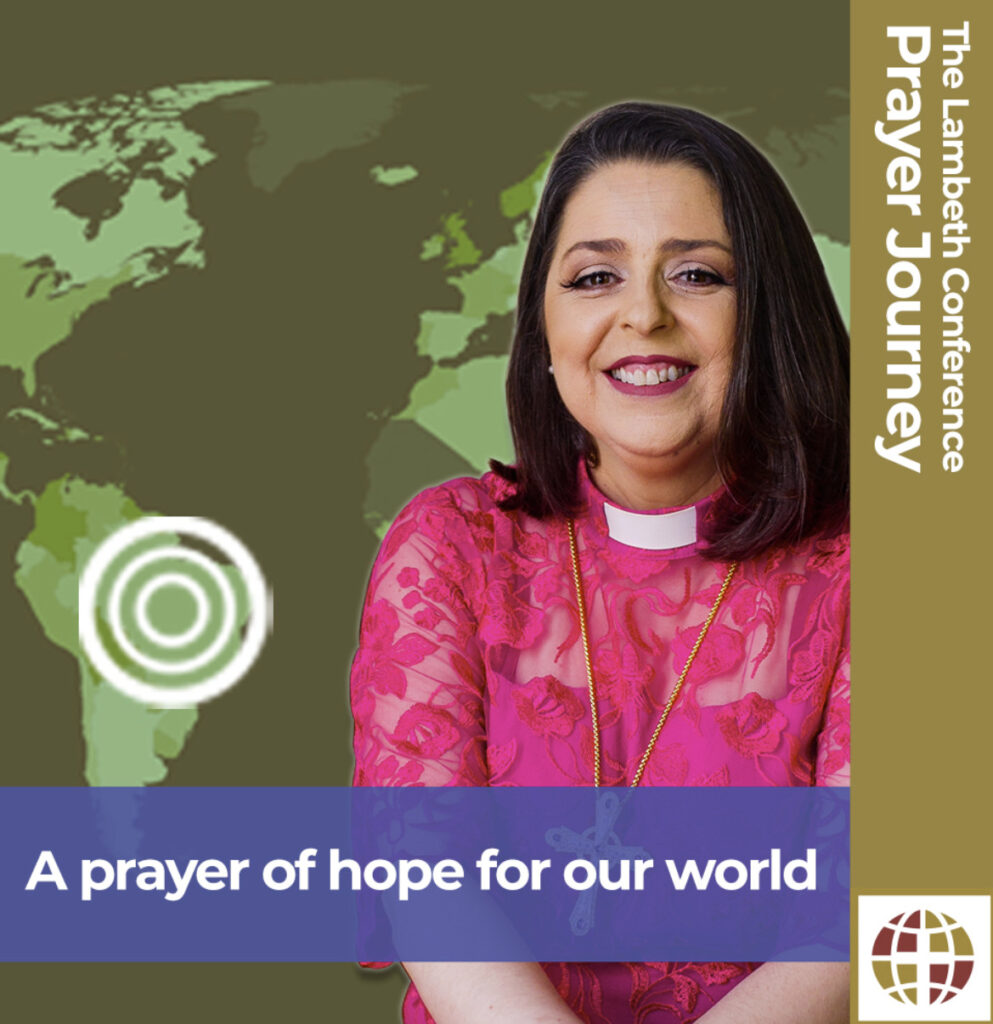



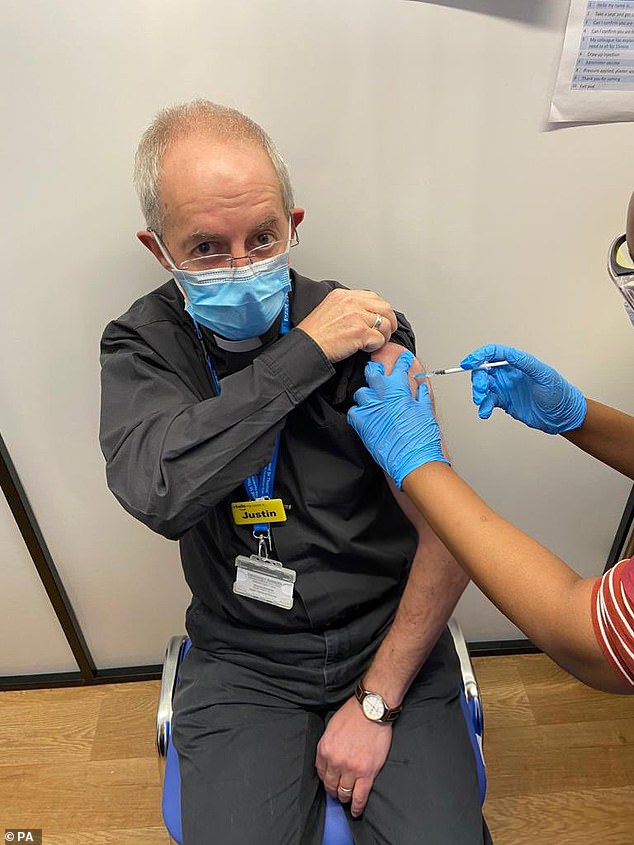
 FOR SOME TIME now several diocesan bishops within the Anglican Church of Canada have been allowing – and even sometimes personally performing – same-sex marriages and have authorized liturgies for such rites. They have based their right to do so on a Memo issued in June 2016 by Chancellor David Jones Q.C., the top legal advisor to the Primate.
FOR SOME TIME now several diocesan bishops within the Anglican Church of Canada have been allowing – and even sometimes personally performing – same-sex marriages and have authorized liturgies for such rites. They have based their right to do so on a Memo issued in June 2016 by Chancellor David Jones Q.C., the top legal advisor to the Primate. Bishop Susan Bell has authorized for use in the Diocese of Niagara an interim rite to enable clergy to better respond to the pastoral needs of transgender, non-binary, and gender expansive parishioners.
Bishop Susan Bell has authorized for use in the Diocese of Niagara an interim rite to enable clergy to better respond to the pastoral needs of transgender, non-binary, and gender expansive parishioners. The Diocese of Toronto is embarking on a comprehensive plan to address racism and bias in the Church. The plan, which will be launched in January, will include listening sessions, antiracism and anti-bias training, the formation of a strategy group, and the raising up of volunteers to lead training workshops. Bishop Jenny Andison, the diocese’s Diversity Officer, says the plan will build up capacity in the Church so that it can begin to dismantle the barriers that are preventing it from reaching all people with the good news of Jesus Christ.
The Diocese of Toronto is embarking on a comprehensive plan to address racism and bias in the Church. The plan, which will be launched in January, will include listening sessions, antiracism and anti-bias training, the formation of a strategy group, and the raising up of volunteers to lead training workshops. Bishop Jenny Andison, the diocese’s Diversity Officer, says the plan will build up capacity in the Church so that it can begin to dismantle the barriers that are preventing it from reaching all people with the good news of Jesus Christ.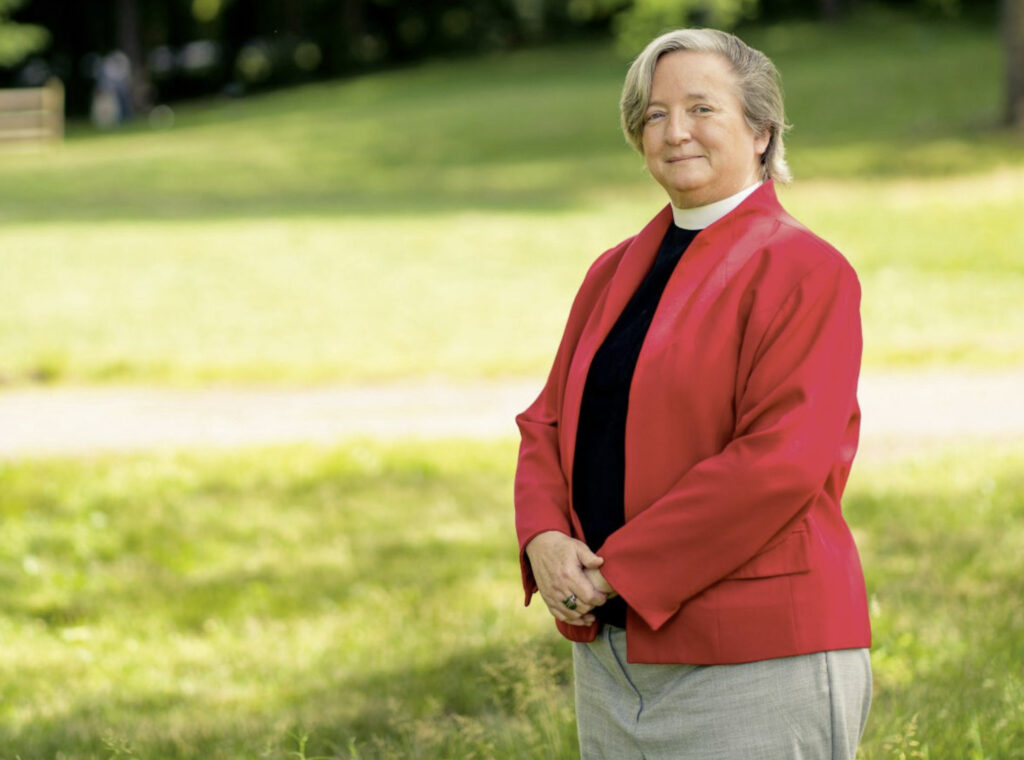
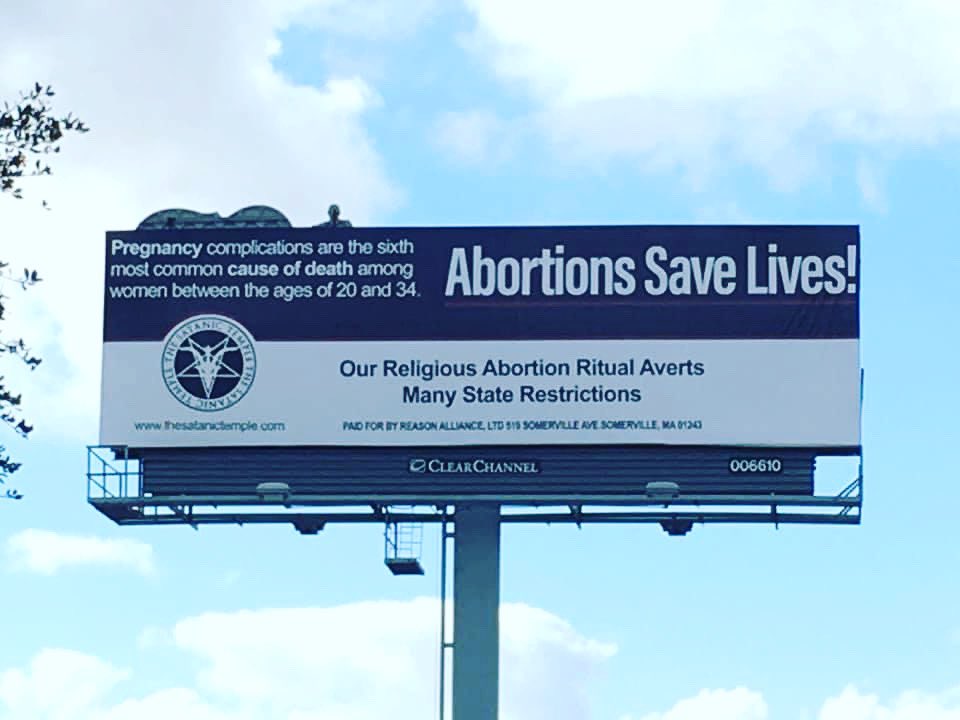

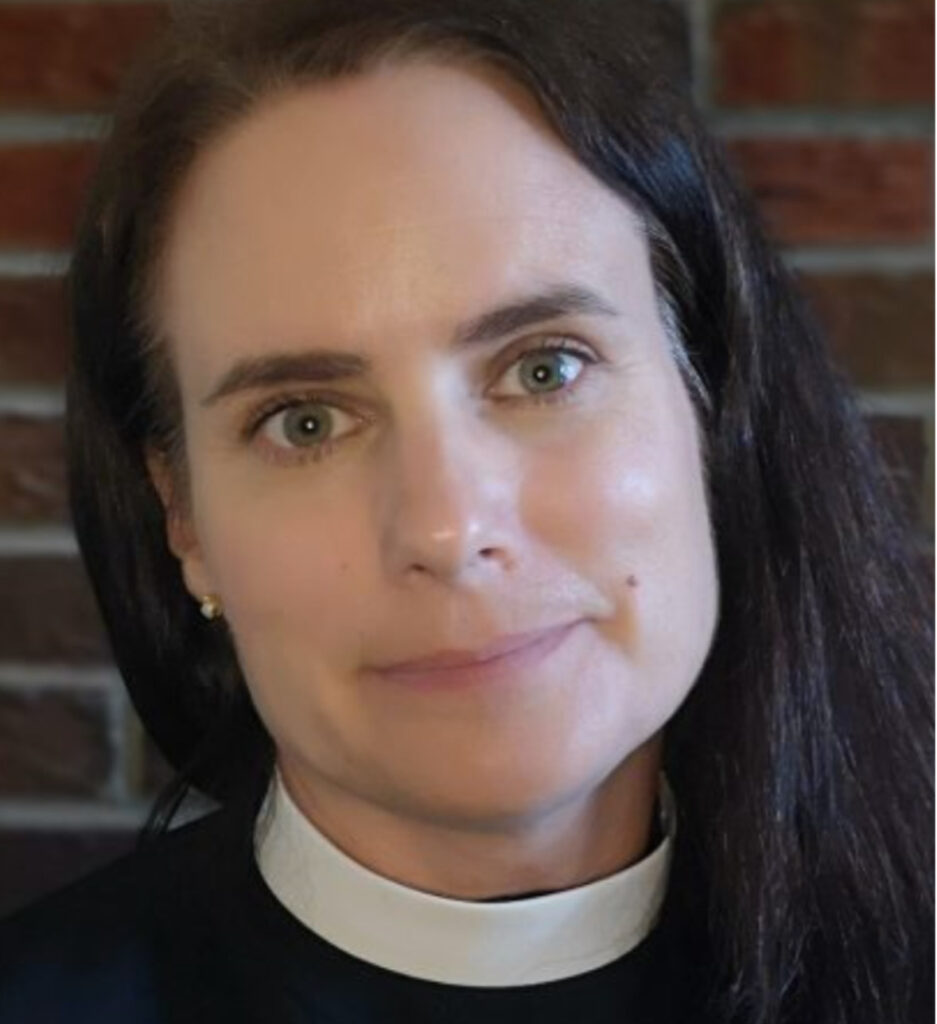 Bishop-elect Anna-Lee Greenwood said it was “wholly inappropriate” to present a passage of the Bible as divine support for their party.
Bishop-elect Anna-Lee Greenwood said it was “wholly inappropriate” to present a passage of the Bible as divine support for their party. Initially, the congregation’s reaction was, ‘Why?’
Initially, the congregation’s reaction was, ‘Why?’